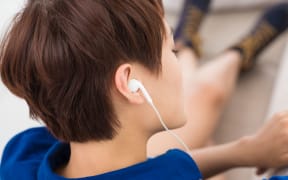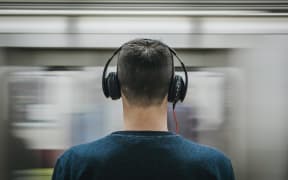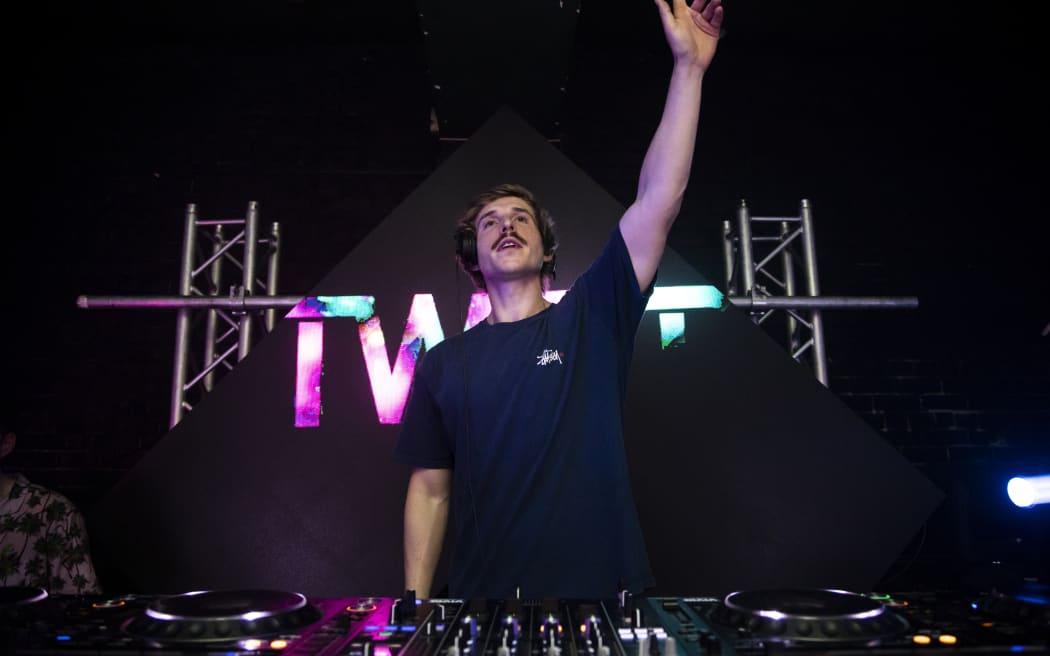
DJ and producer Jon Tweed bought earplugs specifically shaped to fit his ears. Photo: Supplied
Booming bass and sound waves bombarding your body and ears with each guitar strum, drumbeat or twist on a controller. You are a puppet in the crowd, the musician on stage twirling strings making you dance.
Glorious, euphoric fun.
Until, you are lying in bed, ears ringing, unable to sleep.
Exposure to loud sounds for an extended period can lead to ear damage, resulting in tinnitus and hearing loss.
But a new generation of musicians and music lovers hope to hear long into old age, their latest event essential; earplugs.
Producer and DJ Jon Tweed, 29, has been attending gigs for a good decade and he has been wearing earplugs for most of those years.
"Me and my mates started going to more electronic gigs in town, which tended to be louder than university events at that time," he said.
"But we started noticing ringing in our ears and were going to bed hearing that same ringing even though we weren't at the gig anymore."
He went to Rockshop and bought a mid-range set of earplugs for about $40.
"After wearing those, I felt the after-effects were less noticeable. You didn't leave thinking wholly my ears have just been slammed with noise."
Four years ago, he bought custom-moulded earplugs with a flat-frequency response drop.
"It doesn't compromise what you're hearing so much apart from removing harshness and overall volume for your ears."
In the past, Tweed would get comments from other gig-goers asking why he wore earplugs. But he said it become much more common to see people adorning their ears with protection.
"People are a lot more responsive. Particularly international DJs coming over are very across it and you see almost all of them wearing earplugs when they're playing," he said.
"It's setting a good example."
New demand
Kiwi-owned earplug company Sets first came onto the scene in 2020.
Co-founders Emily Janus and Grace Ko said the demand was not there when they started, with the only earplugs available being targeted primarily towards musicians and industry professionals.
"But we wanted to see everyone in the club protected - including those out on the dancefloor," Janus said.
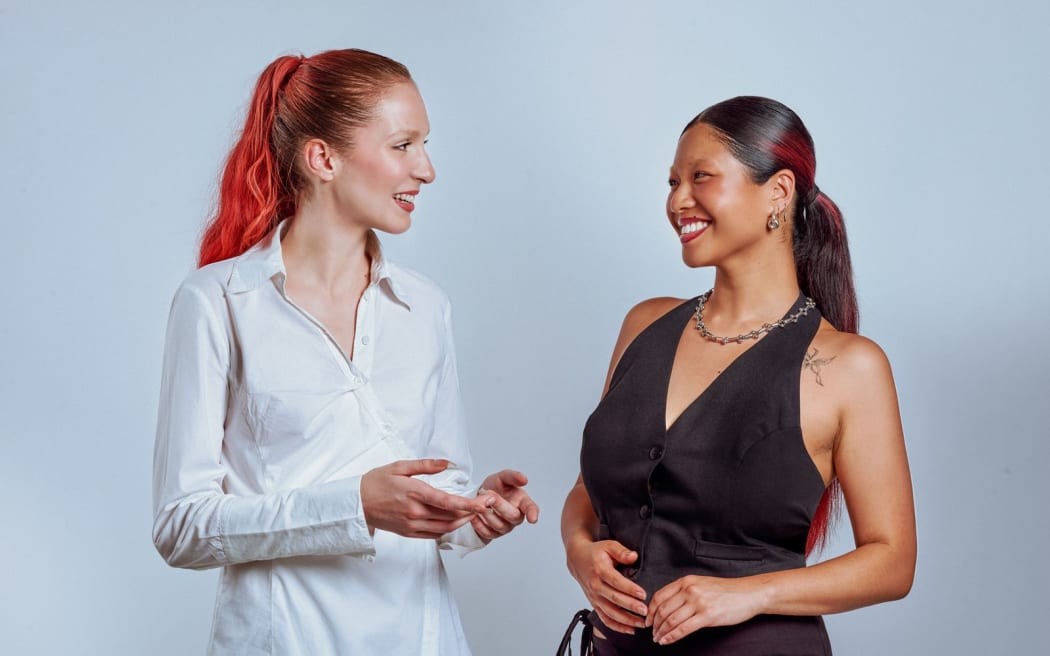
Sets co-founders Emily Janus and Grace Ko started selling earplugs to be worn at gigs four years ago. Photo: Supplied
They had to focus heavily on educating their community on the risks of hearing damage before they saw an increase in demand.
But now they have venues and festivals asking for Sets to sell.
"The demand is growing quickly and we're seeing so many more people integrating Sets into their nights out."
The demand has even brought another competitor to the market.
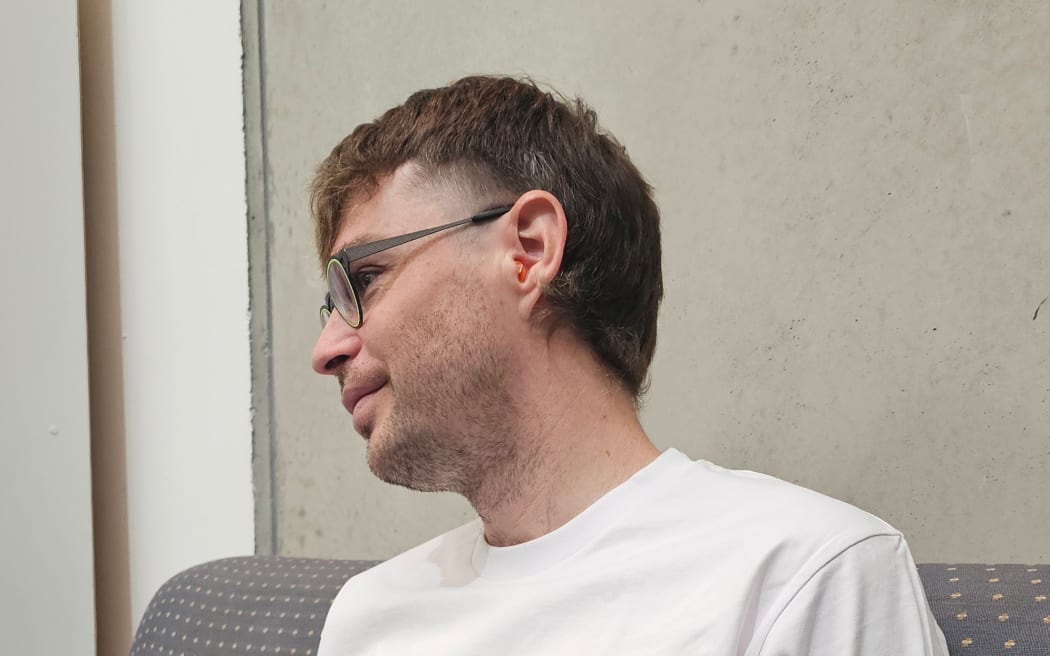
Cel Ellis-Clark is co-owner of Earjobs an Australian ear protection company that has just opened a warehouse in Auckland to meet the Kiwi demand. Photo: Supplied
Originally founded in Australia nine years ago, Earjobs has been supplying New Zealand for the past five years. The company just opened an Auckland-based warehouse in March.
"We were always really impressed by how much demand there was in New Zealand, even with the time shipping took," co-owner Cel Ellis-Clark said.
"That's why we wanted to come over and demand is picking up every day."
Ellis-Clark believed there had been a cultural shift, where being mindful of health was considered cool by younger generations.
Once perceived as being overcautious or missing out on the experience by wearing earplugs, young people are choosing to think in the long term.
"It's bucking a long-standing historical trend of young people being the most reckless in society," they said.
"The good thing is, if more people wear earplugs, the more others feel comfortable doing the same."
Janus agreed, saying there had been a "huge shift" recently around partying and wellness, seen with the rise in low or 0 percent alcoholic drinks and hangover prevention supplements hitting the market too.
"Our goal is for wearing earplugs on a night out to be the norm."
Once your hearing is gone, it's gone
Drummer Rick Cranson has spent his life playing music and attending gigs; 50 years of slamming sound into his ears.
"I never got told as a young kid that hearing loss was going to be a thing and I used to finish practicing in my room, wondering why my ears were going reeeeeeeeeeee for the rest of the day and at night when I went to sleep," he said.
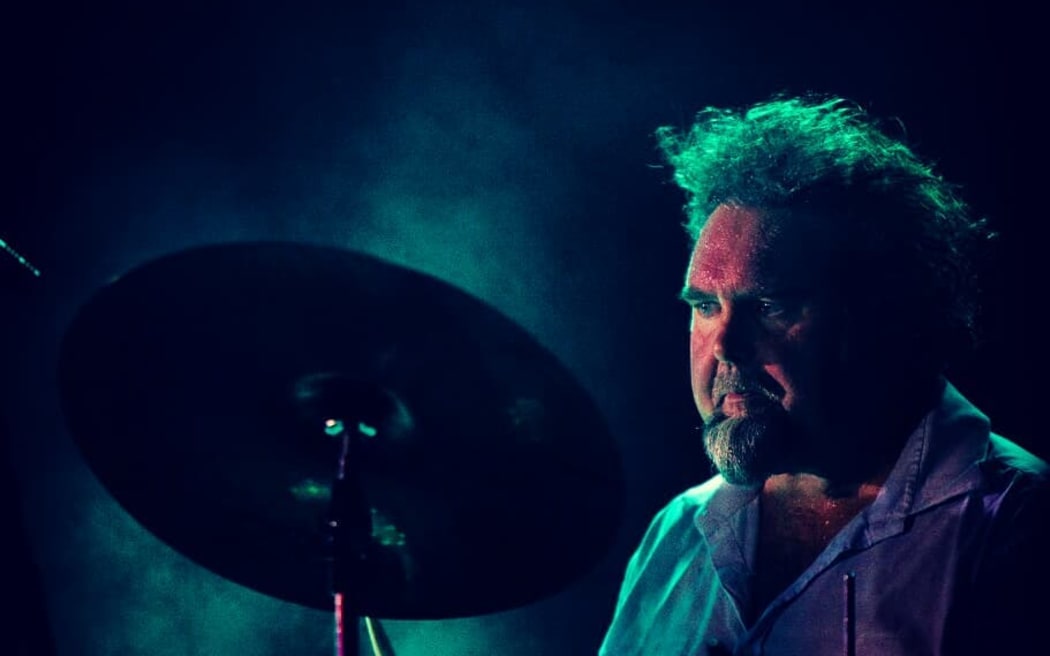
Wellington drummer Rick Cranson has been playing and listening to music his entire life; he wishes he wore earplugs when he first started out. Photo: Supplied
"I can honestly say I would have used ear protection about 2 percent of the time, if at all, and I'm now suffering the consequences of that in a big way."
Cranson has lost base and treble frequencies in his left ear, meaning his hearing distorts and can cut out at certain volumes.
The only way to get those frequencies back is to have specifically customised hearing aids.
"My friends have suggested I get some, and I think the time is coming when I may have to do that to maintain working in the industry that I love."
He always wears earplugs when attending live music now, saying they do not ruin the quality of the experience.
"You're still able to feel with your body some of those frequencies, and all that [wearing earplugs] it's doing is evenly reducing the volume that your ears are exposed to, and I think the technology for earplugs now is that good it doesn't ruin things."
Tweed and Cranson believed there was also the responsibility of club owners and musicians to ensure their sound systems were putting out an appropriate volume level.
"This way, even people without earplugs will not get their ears permanently damaged," Tweed said.
Venues across the motu, such as Wellington's Meow and Christchurch's Hide, are picking up on the demand for hearing protection.
Both offer foam earplugs from behind the bar and sell Sets earplugs, which often sell out.

